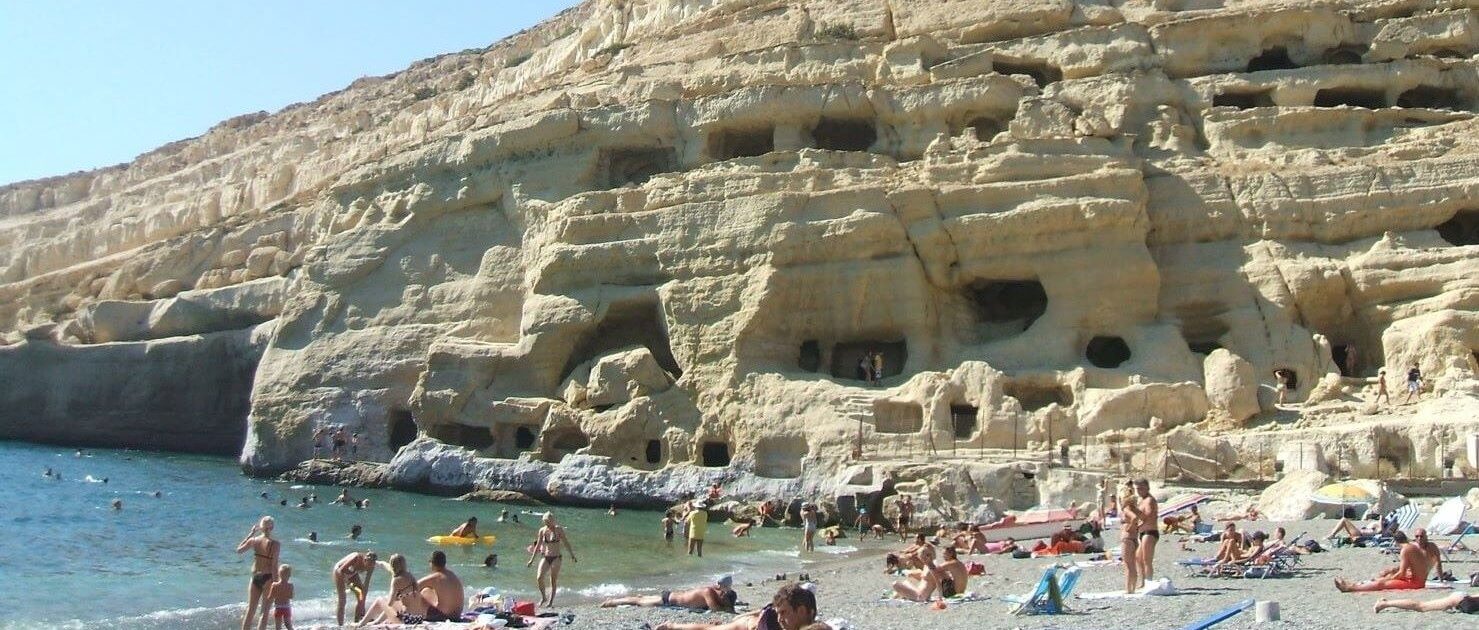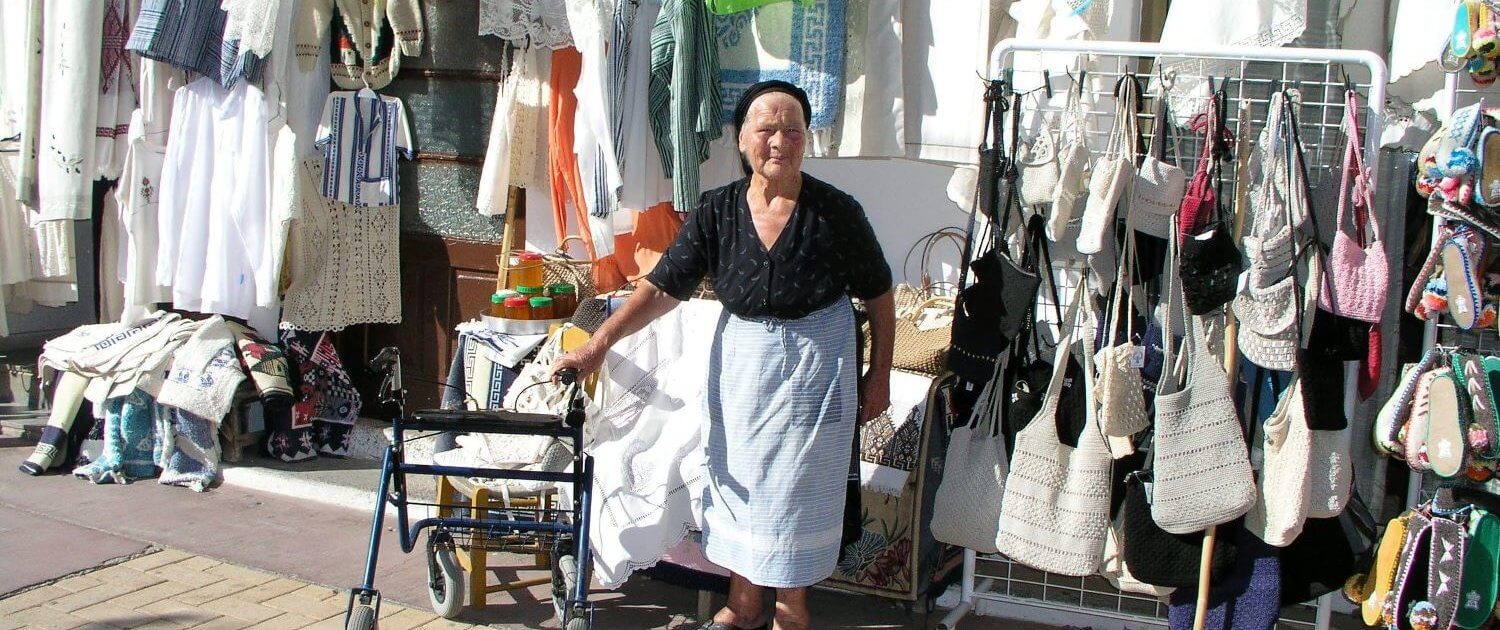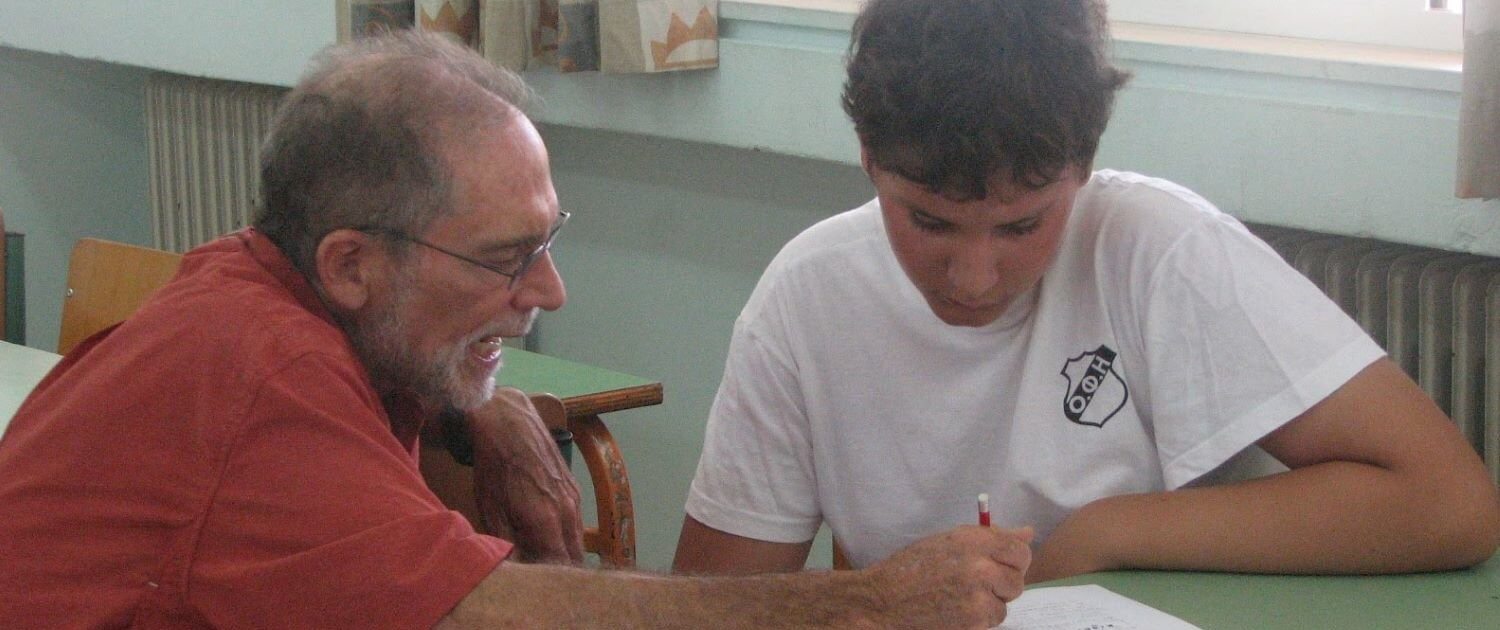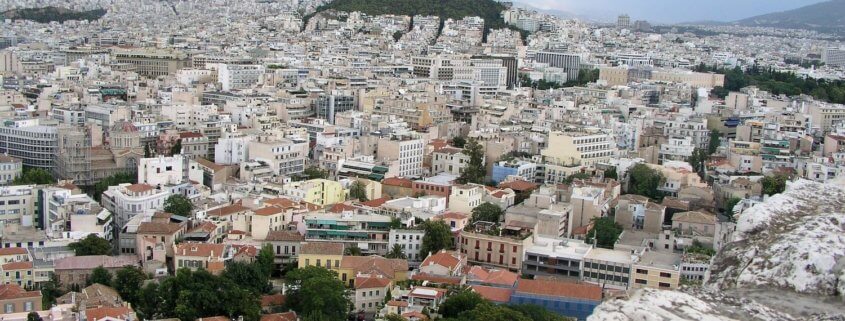Greece Facing a Crisis Deeper Than COVID-19
After the economic crisis of 2009 and the financial crisis of 2015, Greece was slowly but steadily recovering. COVID-19 has dramatically reversed that rebound. Thankfully, the death toll hasn’t risen to the highs of many other European countries. But, according to forecasts, COVID-19’s devastation to the Greek economy will likely be greater than to any other European economy.
While many European countries continue to struggle to contain the pandemic within their borders, life in Greece was returning to “normal.” At least, it was until 19 new COVID-19 cases were confirmed in non-residents in 24 hours. The country has been able to limit the cases to just over 3,000 and 183 deaths. But even as Greeks have succeeded in limiting the death toll, the Greek economy is moving toward life support.

According to the Institute of the Greek Tourism Confederation (INSETE), tourism is one of the most important economic activities in Greece, amounting for approximately 12% of the GDP. Our host island of Crete provides over a quarter of Greece’s revenue in tourism. And even more significant, the tourism industry provides jobs for 411,000 people in accommodation and food service industries alone. If all tourism-related activities are considered, tourism accounts for approximately 40% of all employment in Greece – most seasonal. The fact that tourism has been stalled for months, and is only starting to open up now, leaves Crete with three months of tourism for 2020, rather than the typical seven months. And despite COVID-19’s limited health impact on the Greek population, the European Commission’s Spring 2020 Economic Forecast projects the Greek economy will be Europe’s greatest casualty. In 2020, a contraction of 9.7% is expected, with the unemployment rate reaching 20%. In other words, one in every five people in Greece will not have a job this year. As sad as this is, it is not the only bad news for people who make Greece their home.

Since 2015, multiple waves of refugees escaping violence in the Middle East and South and Central Asia have arrived in Greece – many attempting to reach other parts of Europe. Once other European countries toughened their immigration and refugee policies, more than 67,000 people were left stranded in Greece. This sudden influx of foreigners further strained the disabled economy. Still, the generous Greek people have been hosting and trying to provide basic needs and jobs to refugees. But clearly, the Greek people need support.
In times of crisis, jobs and educational opportunities become scarcer. So, it becomes vital to the community to increase these opportunities. And a key element for more academic and professional opportunities in a country whose economy is based on tourism, especially in Crete, is nothing other than the international language of tourism and commerce: English. That’s why the conversational English camps volunteers lead have become integrated into the educational strategy of our community partners in Malevizi, Greece. We started with just two camps after they extended Global Volunteers an invitation in 2005, and in 2019 and for this year before the pandemic hit, we had eleven per year. But our support in Greece is not limited to children. Volunteers also teach conversational English to adults at the Women’s Association of Heraklion in the spring and fall when requested by our community partner.

In addition to helping Greek people access more academic and professional opportunities through the strengthening of their English skills, Global Volunteers also supports Greece with the second major challenge they face: Their ability to provide for the thousands of refugees they are hosting. In 2016, the Mayor’s Office of Heraklion requested our assistance with their response to refugee needs, and since then volunteers have assisted on a number of projects. Global Volunteers also supports local gardens used to augment at-risk families’ diets. Unfortunately, we cannot return to Crete as of yet, but that doesn’t mean you cannot support the Greek people when they are about to face yet another crisis. As they have extended a hand to foreigners when they themselves were facing a crisis, we can follow their example now and ensure that our Greece Program continues.
You may also like:



 Global Volunteers 2020
Global Volunteers 2020
Leave a Reply
Want to join the discussion?Feel free to contribute!